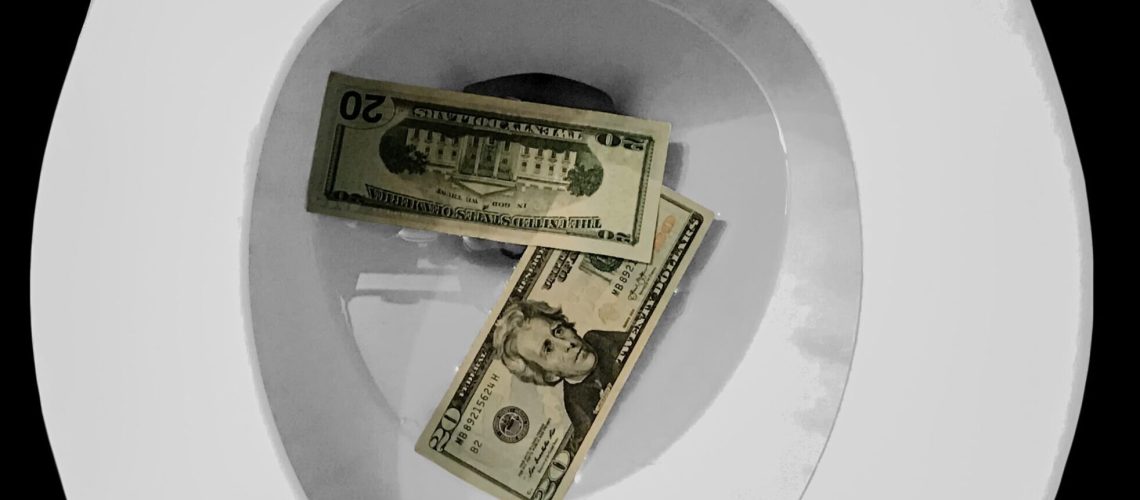Channeling Illegal Profits through Money Laundering
The only reason to launder money is to allow the perpetrator of criminal activity to use the fruits of their crime (aka money). Although heavily perpetrated, this criminal offense became infamous after shows like HBO’s The Wire. This drama depicted how drug traffickers infiltrated their ill-gotten gains into businesses, and housing developments in Baltimore. However, despite popular conception, drug trafficking is only one of many crimes that lead to launderers attempting to cleanse their “dirty” money.
Money laundering is the intentional act of funneling money gained through criminal activity into a legitimate asset. This generally begins with acquiring the money through illicit activity. Then, the money is passed through a legitimate source to obscure the origin of the money and most times, mixed in with money legally obtained. Finally, the money is returned to the launderer in an indirect way.
To deter this kind of activity, Congress has passed two laws: the Bank Secrecy Act of 1970 and Money Laundering Control Act of 1986. The first, the Bank Secrecy Act, is meant to prevent money laundering by requiring banks to report money deposits over ten thousand dollars as an inherently suspicious activity. The second act, the Money Laundering Control Act, is meant to criminalize acts of money laundering.
Most of the people convicted of money laundering are individuals. But, these laws do apply to companies and corporations as well (e.g. HSBC recently fined $1.9B for laundering money for drug cartels as well as others discussed below).[1] While the whole point of money laundering is to conceal the proceeds of criminal activity, it is always subsequent to the financially fruitful criminal activity. Therefore, money laundering is associated with all kinds of crimes that produce financial gain, including: drug trafficking, embezzlement, extortion, fraud, public corruption, and organized crime.
Money laundering schemes can involve massive corporations as well as individuals working out of their homes. One of the largest violations of the Bank Secrecy Act in U.S. history was linked to Wachovia, now Wells Fargo.[2] In 2010, Wachovia was convicted of allowing cocaine smugglers to launder billions of dollars in wire transfers, traveller’s checks, and cash shipments through Mexican exchanges in Wachovia accounts.[3] Wachovia settled its case with the Justice Department for $160 million, after the allegations surfaced that the bank failed to control or detect the $240 billion transactions by Mexican drug traffickers.[4]
Another recent large money laundering case involved the Bitcoin Exchange Company CEO, Charlie Shrem. He was convicted at the end of 2014 for laundering money for customers of the online drug bazaar, Silk Road.[5] Admittedly, he facilitated laundering with the help of another man, Robert Faiella, by trading cash for bitcoins anonymously in exchange for a cut.[6]
While not all laundering activities involve billions of dollars and high profile companies and people, the regularity of money laundering produces thousands of investigations and charges every year. Most of these involve channeling money gained through fraud and other illegal activities into various kinds of businesses, including hair salons, restaurants, or even plumbing services. Others direct their money into expensive cars or properties. Regardless of the method of money laundering, the result is the same- steep fines of up to $500,000 or twice the amount of the money involved and up to 20 years in prison. With consequences such as these upon conviction, experienced legal representation is the only way to alleviate the severity of the situation.










